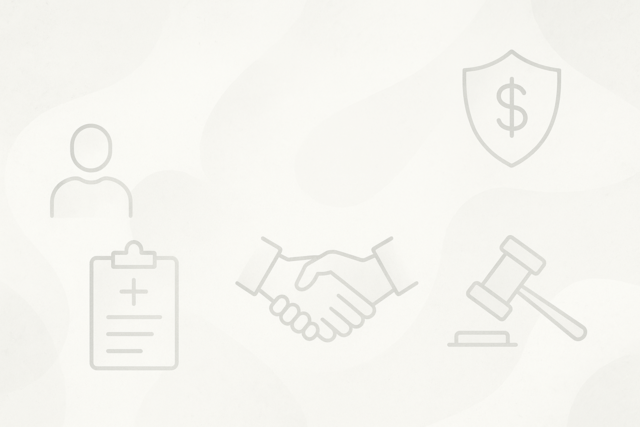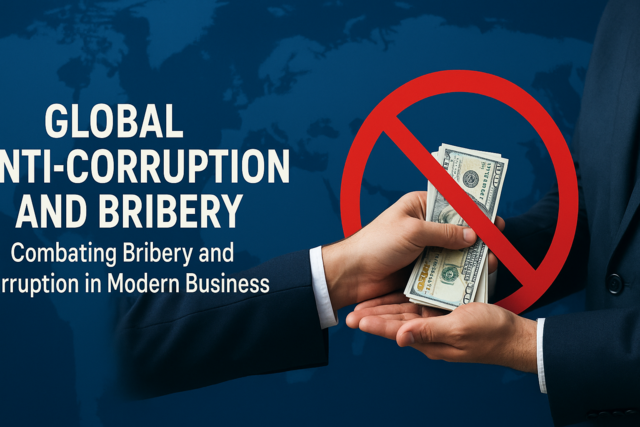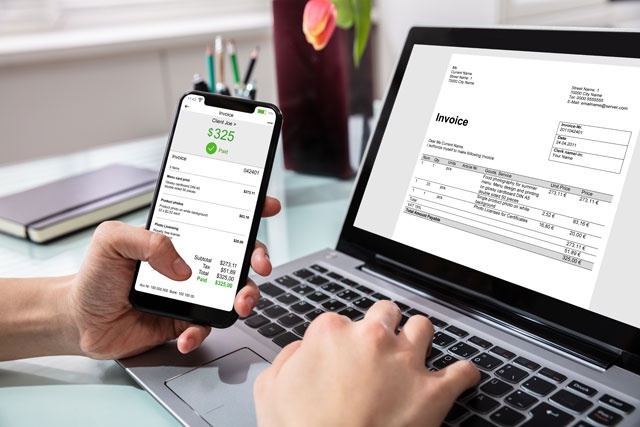Banks and lending institutions do not just hand money out to people in the hope that they will one day receive it back. If a bank or lender is to remain operative, it needs to apply a form of quality control in the loans and other credit that it extends to its customers. Without this level of quality control, a bank would lend to anyone, and defaulting would be more widespread than it is. Although there is broad agreement that in large part the trouble in the financial market has been happening exactly because banks have loaned money irresponsibly, this does not change the fact that a lot of applications for credit have been turned down on the basis that the applicant failed a
credit check.
| |
The principle of responsible lending that is safeguarded by credit bureaus is simple enough. If you wish to borrow money, you need to prove to the lender that you are reliable. However true your intention to pay back the loan, plus interest, the fact is that a bank or other lender cannot simply take a customer's word for this.
|
One missed payment causes the bank to have to set aside money as a safeguard, thus hurting its bottom line. If a significant number of customers miss payments and default on their loans, it can drive the bank itself into financial difficulties. For this reason, banks have a system whereby they will refer any credit application to a credit bureau.
A credit bureau is known in other parts of the world as a "credit reference agency," and this may give more of an idea of what such institutions actually do. Credit bureaus work in tandem with banks to check over applications for credit. If a customer has a history of applying for credit, receiving it, and paying it off on time, then that customer's credit record will be of a very high quality. That makes it more likely that any new application for credit will be successful. It is up to a bank to set its own standards for credit applications. Some will extend credit to customers who would be turned away by other banks, in the considered hope that the customer will make good and pay off the loan in full. This is a calculated risk because the customer's credit record is not so bad as to render the applicant an extremely unlikely payer.
The role of a credit bureau is to collect all information pertaining to an individual's credit history, including when the person has applied for credit, when it was granted or refused, when repayments were on time or delayed, and any further collection activity that has been required on that party's accounts. Different bureaus will hold information for different lengths of time and will weight certain elements differently, but the overall ethos is the same. For a bank or lender to make credit part of its business, there is an obvious need to put in place safeguards so as to avoid any loss on the lender's part. Money lending is a high-risk business that can be highly lucrative with the correct measures in place. Working without those measures more or less guarantees that a lender will go bust.
When you apply for credit, there always comes a point in the application process when the potential lender pauses to run a credit check. At this point, an application will get either a green or red light. Moreover, to run a credit check, the lender will contact a credit bureau, whether external or in-house, to find out whether you qualify for the credit for which you have applied. Your credit history, particularly that which you have had over the past few years, will be scrutinized for missed payments, defaults, and any legal action that has been taken against you as a result of poor credit conduct in the past. Equally, the check will take into account any good credit conduct you have had, plus marks will go to you for making payments on or before the due date and paying off your balance ahead of time. These will also be weighted depending on the amounts borrowed and paid.
Typically, a very poor or even moderately poor credit history will see you refused credit by most companies. If you do get credit even after a check has shown up bad results, you will be unlikely to get the best deal possible in terms of interest on the account. An excellent credit history, on the other hand, will give you an excellent chance of getting the best interest rates and favorable repayment terms as well. This is worth bearing in mind any time you are considering seeking business credit. If you fail to make repayments, you will suffer in the future; so if you do not actively need the money or if you will have any problem paying it back, it is wise to avoid borrowing it unless you can guarantee that it will lead to your getting more back in return.





























